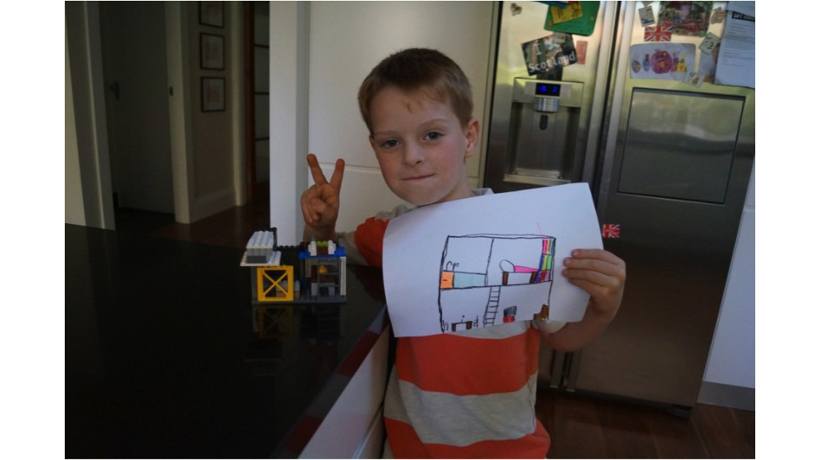How Ask, Listen, Learn Teaches Children About The Dangers Of Underage Drinking
What if there were a way to teach children—really teach them—about the dangers of underage drinking before they were ever offered a drink? That is the idea behind Ask, Listen, Learn, an online program developed by Responsibility.org that has everything you could ever want or need to teach children about what alcohol does to the developing brain. The materials offered at Ask, Listen, Learn (in both English and Spanish) are all online, free of charge, and available to teachers and laymen alike.
It’s a wealth of material, actually. There is something for every child, every teacher, every parent. There are animated videos, flashcards, lesson plans, even explanatory notes for a science teacher to send home with children before devoting a unit to the subject of alcohol’s effect on the developing brain.
Since everything at Ask, Listen, Learn, is available online, the materials are easy to access. You don’t need to leave home to purchase the materials. You don’t need to order them online, risking identity theft and enduring the hassle of filling out forms. Everything is available right there on the website, at any time of day or night, completely hassle-free.
Alcohol: Reactive, Not Proactive
Why is this important? Because a just-published report by market research firm GfK for Ask, Listen, Learn, suggests that parents are reactive rather than proactive when it comes to talking to children about underage drinking. The report includes a survey of over 1,000 parents of children age 10-17, on how they are handling the topic of alcohol consumption with their children.
Why now? Because April is Alcohol Responsibility Month. The month may have been chosen arbitrarily for the purpose of discussing the effects of alcohol on children, but to paraphrase one great sage, “If not now, when?”
It was in 1991 that the United States began tracking the age at which children are offered a first alcoholic drink. Since that time, fewer children are engaging in underage drinking, which is wonderful. But there’s so much more we can do.
Alcohol: Speaking Up Too Late
The experts at Ask, Listen, Learn, for example, believe that parents tend to speak to their children too late. Parents are speaking to their children after they’ve already been offered a drink, which for many children is around the age of 13 or 14 years. Moms and dads, moreover, are focusing in their discussions with their children, on the immediate consequences of drinking alcohol (for instance, the danger of getting into a car accident while drunk), rather than the long-term effects generated by what alcohol does to a young child’s developing brain.
The advisory board of Ask, Listen, Learn, which includes educators and physicians such as Family Physician, Parenting and Youth Development Expert Deborah Gilboa, have found that children, much like adults, are persuaded by science, more than by scare tactics. That means telling them exactly what alcohol will do to their brains. But if the aim is to begin the conversation before they’re offered a first alcoholic beverage, the lesson must be geared to appeal to a young child. Can kids around the age of 10 years really understand neuroscience?
Alcohol: "Young Minds Are Curious"
Ralph Blackman, the president and CEO of Responsibility.org thinks so:
“Young minds are curious about how things operate, especially if those things are their own bodies and brains. The Foundation for Advancing Alcohol Responsibility (Responsibility.org) wanted to hone in on these interests by developing an educational campaign targeted towards children in late elementary school/ early middle school. By focusing on what alcohol does to the brain, the Ask, Listen, Learn: Alcohol and Kids Don’t Mix campaign teaches kids how a healthy lifestyle helps their bodies work to their full potential.”
In the interest of full disclosure, note that the Foundation for Advancing Alcohol Responsibility (Responsibility.org) is a national, not-for-profit organization funded by leading distilled spirits companies. The abundant and most excellent materials available at Ask, Listen, Learn are nonetheless impressive. There is every good reason to take advantage of this large and very good body of study materials that can help our children stay healthy and well.








